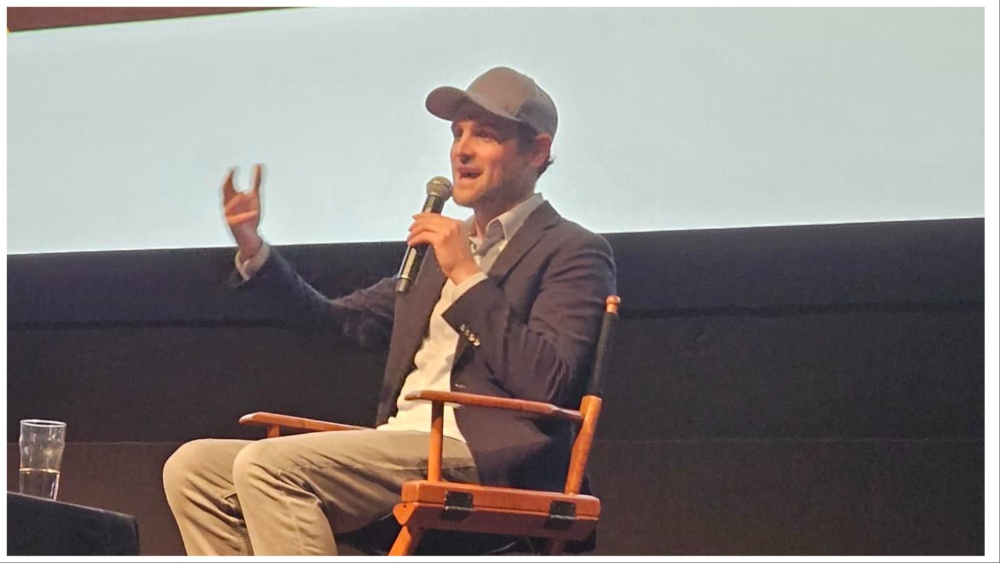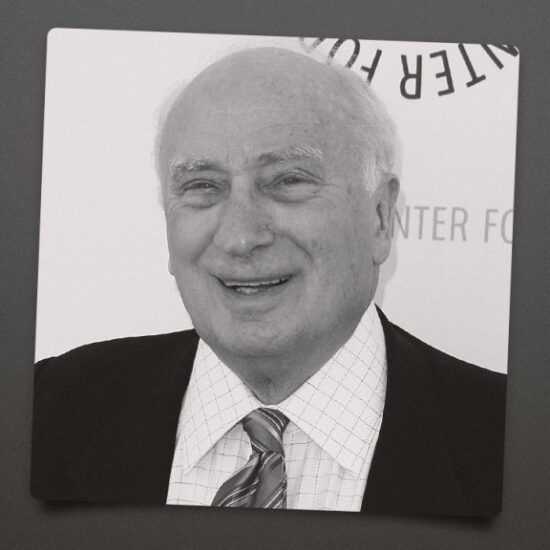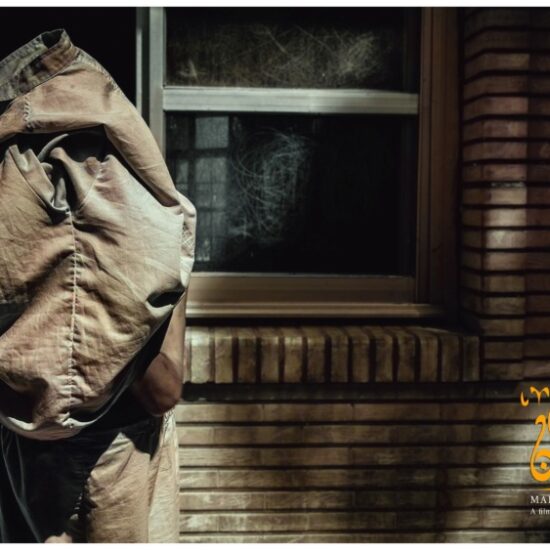
Last year, Shane Boris received two Oscar nominations for producing National Geographic’s “Fire of Love” and CNN Films’ “Navalny.” In March he garnered an Academy Award for his work on Daniel Roher’s “Navalny,” about anti-Putin freedom fighter Alexei Navalny. During a Hot Docs Industry talk, the producer spoke about a wide variety of topics, including his latest documentary, “King Coal,” what he’s looking for in a docu, and nonfiction’s current distribution landscape.
Boris made his first documentary “You’re Looking at Me Like I Live Here and I Don’t” in 2010. The film, which aired on PBS’s Independent Lens, follows Lee Gorewitz as she struggles to navigate the increasingly confused and confusing landscape of Alzheimers.
“That doc began as a fiction film,” Boris said. “But we went into the Alzheimer’s unit to scout our location, and the person that took us around was starting to repeat herself and was making statements that didn’t quite make sense. We eventually realized that she wasn’t the nurse that was supposed to guide us through the unit. She was actually a resident. And we were like, ‘We have to make a movie about her. She’s way more interesting than the script we had created.’ So, we dropped everything and asked the crew if they would be interested in making a documentary instead of a narrative film and they came onboard.”
The experience made a lasting impression on the producer.
“It showed me the permeability of documentary and fiction,” Boris explained. “You can have an idea about one (genre) and then realize that the other (genre) is more suitable. That’s been my approach to filmmaking. Stories require new ways of telling stories. I think that the ways that we’ve thought about documentary and fiction are constantly needing to evolve. I’m excited to be a part of that process.”
Following “You’re Looking at Me Like I Live Here and I Don’t,” Boris produced several docs including Petra Costa’s Oscar nominated “The Edge of Democracy,” Sara Dossa’s “The Seer and the Unseen,” and Elizabeth Lo’s “Stray.”
The producer explained that while he is “agnostic” to subject matter, he relies on three principles when choosing a project to work on.
“The first one is, does the film have a chance of being amazing?” Boris said. “You never know, but I want to get into a project that just feels like the sky’s the limit. The second thing is a shared creative energy with the filmmaker. Can we see each other? Can we see what gifts we have to give in the world? And do the gifts that we have complement each other? The third thing is, are we aligned in terms of our values, in terms of who else we want to bring into the film? What do we want this film to do in the world? What kind of impact do we want it to make?
Boris added: “I’m happy to work on any type of subject if those three things are in place.
When it came to choosing to work on “Navalny,” the producer explained that he didn’t immediately board the project.
“Daniel presented this film and everybody that he talked to was just like, ‘Yes. Let’s do it.’ But I was sort of the holdout. One of the reasons was because I needed to read a lot about Alexei and try to understand him as a politician, as a human, and as a character, better before it was something that I wanted to participate in.”
His primary role on “Navalny” was to formulate questions for Roher to ask the Russian dissident.
“It was a great situation for me because I could, through the interview, ask him every question that I had in my mind about who he is and what he stood for. After reading the transcript, it became clear that he was a person who I wanted to make a movie about.”
The CNN docu was distributed theatrically by Warner Bros. in over 800 theaters in North America before it won the Oscar.
Boris said that he felt “fortunate” that the political film was on the market in 2022, as opposed to 2023 when the doc distribution landscape did a one-eighty and streamers started to steer clear of political fare.
“It can’t completely be left to companies and corporations to decide what people do and don’t see,” Boris said. “This idea that we can just tolerate that, and that no political documentaries are going to be bought or seen is outrageous. That’s fundamentally untenable. I’m glad we are all not revolting in our seats right at this moment, but thinking thoughtfully and strategically about what we can do about that.”
The producer’s latest project, “King Coal,” which premiered at Sundance 2023, is a hybrid docu that views Central Appalachia through a kaleidoscopic lens that layers the past, present, and potential future of a coal mining community.
As I was saying earlier, “King Coal” is a film that required a new way of storytelling.













